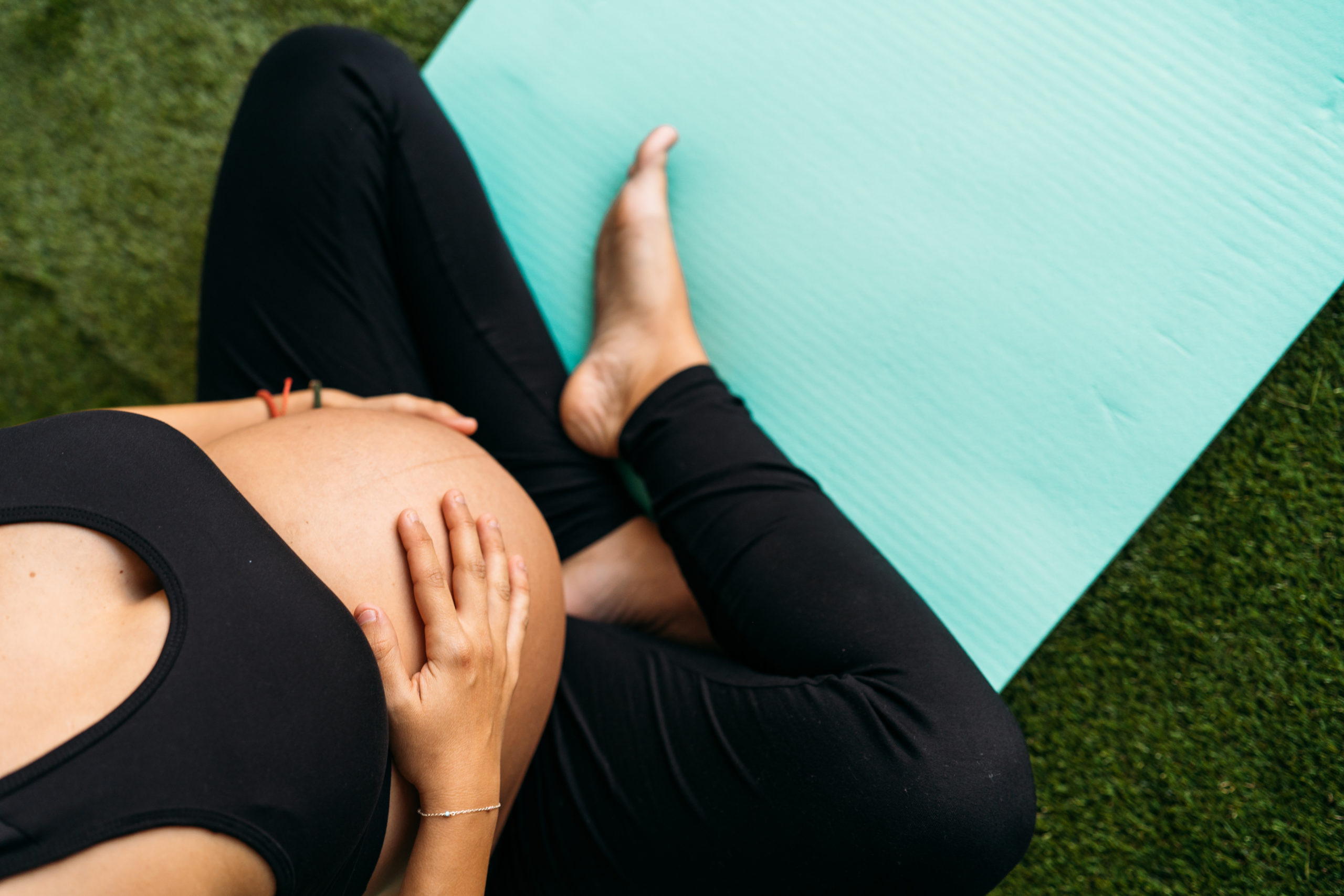
The role of physiotherapy in women's health

As we know, physiotherapists are the professionals committed to improving and upholding functional independence and physical performance. And when it comes to women's health, pieces of evidence suggest that physiotherapy can mitigate pain and help relieve various symptoms. Most women lack knowledge about the help and assistance available to restore health and reinstate the healthy state of body and mind.
Physiotherapy associated with women's health covers a range of services including obstetrics, osteoporosis, urinary incontinence, neuromusculoskeletal issues, prenatal and postnatal care and rehabilitation. Physiotherapy acknowledges the physical differences of the female population and stays updated to assist women in their quest for a stress-free, pain-free and enjoyable life.
How does physiotherapy assist prenatal health?
Pregnancy is undoubtedly the dreamiest phase in women's life. However, this phase involves its share of tensions and stress. A range of health conditions occurs in pregnancy. Physiotherapy and physiotherapists help relieve many medical conditions and offer a symptomatic cure to them. The common health concerns in pregnancy are lower back pain, the severity of injuries, weakness of the pelvic floor muscles and Carpal Tunnel Syndrome to name a few.
Role of physiotherapy in obstetric care:
Physiotherapy plays a crucial role in obstetric care that includes both antepartum and postpartum services. Manual techniques combined with posture-related education works wonders for pregnant women. Physiotherapists specialized in lower and upper back care and healthy modification of daily activities promise optimal posture alignment thereby reducing the orthopaedic tension in expectant mothers.
Physiotherapists promote the participation of pregnant women in healthy activities and various exercises that strengthen their abilities. Postpartum physiotherapy recognizes structural and postural futilities prevalent in pregnancy, delivery or postpartum phases. Physiotherapists regularize on correct muscle activation and effective utilization of all the necessary support structures.
How does prepartum and postpartum physiotherapy work?
The assistance of expectant mothers depends mainly upon the current conditions. Like every other consultation, the physiotherapist's role begins with detailing the medical history. Prepartum and postpartum health are difficult to discuss. The assessment mainly includes taking into account the onset of one's symptoms. It offers a clinical insight into how expectant mother's daily life gets shaped by various factors.
The physical assessment begins most likely with the analysis of the pregnant lady's abdominal muscles, pelvis and lumbar spine. This examination is crucial to identifying the texture, vigour and vitality of one's pelvic floor muscles. Physiotherapists use finger palpation to examine the connective tissue and pelvic floor muscles. The treatment depends upon the primary symptoms and the conclusion drawn after the detailed assessment.
Applications of physiotherapy in early and late pregnancy:
- More than half of the expectant mother suffer from low back pain and the right way to naturally prevent the low back pain is to get a good night's sleep.
- Physiotherapy offers a range of physical therapies to help women tackle pain and make pregnancy more comfortable.
- Physiotherapy promotes stabilization exercises focusing on the muscles around the spine and help reduce back pain.
- Research suggests that physical therapy is effective in minimizing the urinary incontinence.
- Most physiotherapists encourage targeted therapies to reduce the recurrences of urinary incontinence in late pregnancy.
- Physiotherapists help to restore flexibility enhancements so that pregnancy and labour become easier.
- A physiotherapist's role promotes the active participation of women into healthy exercises directed at the pelvic floor health and perineal massage.
- They give you clear advice on the ways to recover after childbirth.
- They generate proper guidelines by examining the woman's posture, abdominal muscle gap, pelvic floor muscle function and respiration.
- They help create a detailed plan to reinstate the pelvic floor muscles and abdominal muscles after the childbirth.
- Most importantly, they ensure a safe and healthy postpartum exercise.
Conclusion:
Posture includes a dynamic state affecting all activities throughout a person's lifespan. Various physical, emotional and occupational factors impact functions, posture, behaviour and eventually the quality of life. Earlier the women acquire the right postural habits, higher are their chances to dissuade or effectively manage the stresses on their body. Physiotherapists promote physical and mental welfare enforcing the overall balance. Physiotherapy makes it easy for expectant mothers to enjoy each moment throughout their pregnancy.
Related Blogs

Understanding Gestational Diabetes: Insights from Dr Shruthi Kalagara
Read More
Urinary Tract Infection (UTI) in Pregnancy
Read More
Early Pregnancy Care for New Pregnant Women: Expert Advice | Motherhood Hospitals
Read More
Body Positivity Tips Post C Section (Cesarean Delivery)
Read More
Vaginoplasty: Procedure, Cost, Risks & Benefits, Recovery
Read More
The Digital Dilemma: Exploring the Medical Implications of Technology on Child Development
Read More
How To Relieve Menstrual Cramps? - 8 Simple Tips
Read More
Benefits of Consuming Folic Acid Tablets For Pregnancy/During Pregnancy
Read More
Navigating Radiology: Ensuring Safe Imaging During Pregnancy
Read More
Navigating Radiological Tests During Pregnancy: Ensuring Safety for Mother and Child
Read MoreRequest A Call Back
Leave a Comment:
View Comments
Previous
Next
HELLO,
Stay update don our latest packages, offer, news, new launches, and more. Enter your email to subscribe to our news letter


 Toll Free Number
Toll Free Number








No comment yet, add your voice below!